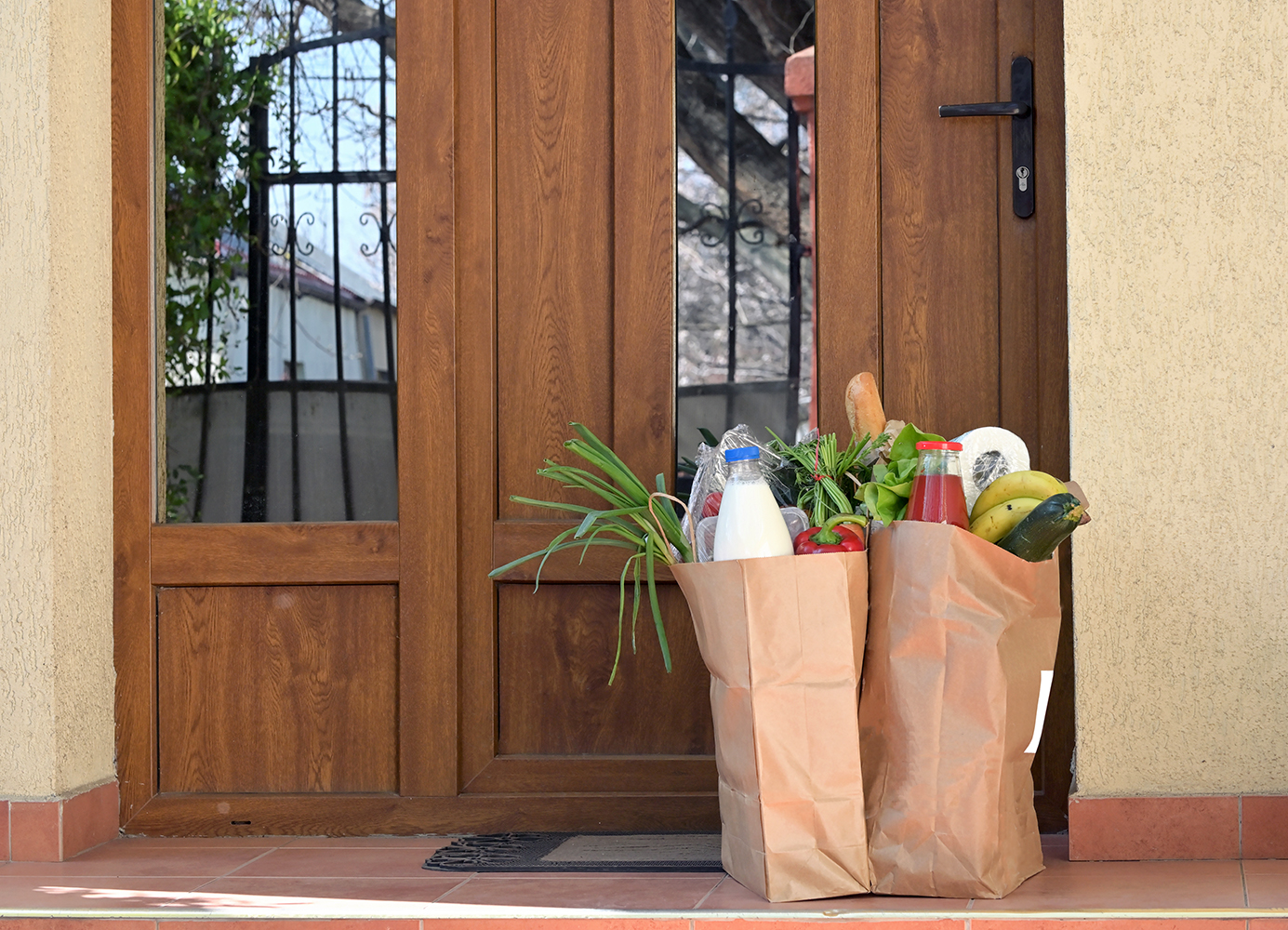The ride-hailing service is becoming a one-app full-delivery service
By Erika Morris
Montreal and Toronto are the first Canadian cities to be able to take advantage of Uber’s new grocery delivery services.
Using the Uber or Uber Eats apps on their smartphones, clients in those cities can now order groceries from retailers such as Walmart, Metro, Rexall, Pet Valu, and Costco and receive them within a couple of hours.
Uber is building on its “order anything” philosophy, hoping it will provide an edge over competitors such as Amazon, which is also trying to expand into grocery services.
Last October, Uber announced its acquisition of major stakes in the Chilean grocery startup Cornershop. Cornershop, which has been operating for five years, is Uber’s partner for grocery delivery services.
In the United States, Uber recently announced that it has spent US $2.6 million to acquire Postmates, a San Francisco-based company with delivery options including groceries and pharmacy items, as well as alcoholic drinks. Uber’s update, named Uber Connect, transforms Uber into a courier service for just about anything.
The company is phasing these changes in during the COVID-19 pandemic, which has grown the demand for food and other delivery while tanking demand for ride-hailing services.
Over the last month, Uber has made similar deals with grocery outlets in France, Spain, Brazil, and other countries. The company reports having ties with more than 9,500 merchants in 30 countries and a 176% increase in grocery orders since February 2020.
Uber delivery services are set to roll out in the United States later in July, and are expected to come to more Canadian cities “in the future,” the company says.
Photo: iStock/jordachelr.






